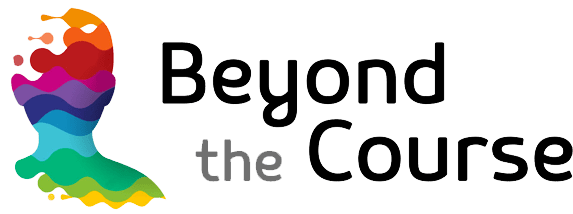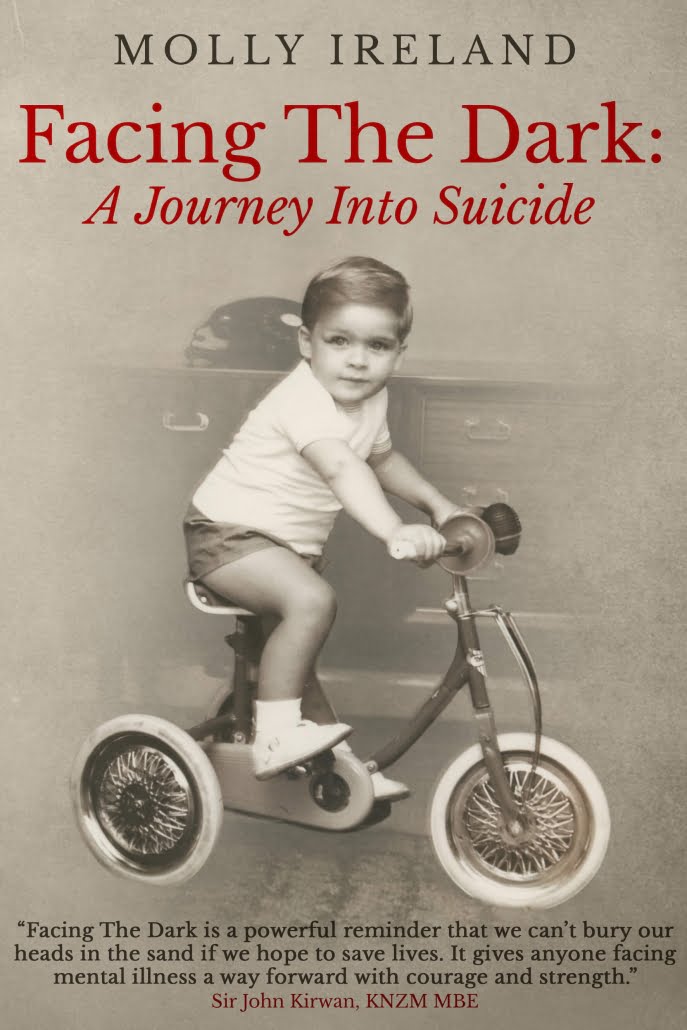Know Thyself
Turning Doubt into Awareness
When it seems that nothing is going your way and your path is blocked at every turn, how do you react? Do you feel ugh, “why me?” without even thinking about it? Do you consider all of the things that are going wrong or do you stop yourself and ask:
what is my life trying to tell me right now?
This last one is a better question to ask. In fact, this is the most useful response during times of uncertainty and doubt because, when you ask it, you become curious and more uplifted. When you push pause and think about what life is trying to show you rather than how you’re being blocked, you don’t succumb to life’s ups and downs; you question them. This small but powerful shift places you firmly “at-cause” in your life and leads to awareness, which paves the way for profound insight and joy.
Wide Awake Leadership
Awareness, or being conscious, is critically important in all aspects of life, particularly in business, and the specific skills of awareness form the basis of leadership prowess and adaptability. But what are these skills? They start with self-awareness but are not limited to it. Building awareness skills allow us to “read” others and situations as much as we’re able to know ourselves. They are a series of life skills that break down into the ability to self-manage, other-manage, and situation-manage.
Managing Ourselves
Self-awareness takes time and commitment to achieve. The first step, however, is to know what it is and then to value it. When we’re able to manage ourselves, we don’t react to people or situations; we become self-reflective. When we have high Self-Reflective Awareness (SFA), as it’s referred to in psychology, we’re able to notice our reactions, but we’re not led, nor are we trapped by, the emotions that underpin them. Instead, we’re able to push “pause” and ask what is trying to be revealed. For example, if your boss is upset because the team hasn’t met its KPIs, you don’t take this personally. You notice the upset forming inside you as he talks, but you realise that those feelings come up because they trigger your own emotions, eg. you’ve worked so hard to achieve the KPIs or maybe because you are worried about your personal finances. Managing ourselves means we don’t blame others for anything, eg. we don’t dwell on the thought to explain another’s behaviour by saying, “my boss is a tosser.” Self-management brings with it a sense of self-responsibility and, with that comes, the personal power to transform any relationship and situation.
The key subskills required for good self-awareness is the ability to turn inward and reflect on everything that happens.
Managing Others
Other-awareness is a skill that, although distinct from self-awareness, works in tandem with it. The ability to understand others is the key to good management. But even though this is something that every manager knows, what exactly does it mean? At the heart of other-awareness is the ability to distinguish between our own emotions, thoughts, and beliefs, and those of another person. It relies on establishing good boundaries and not getting caught up in the other person’s feelings, thoughts, or needs. This is counter to what most people believe about interpersonal skills, which is usually limited to empathy and understanding. Instead, other-awareness begins with seeing the other person objectively and respecting them as separate from us. To demonstrate high other-awareness when our boss is agitated, for example, you remind yourself that his stress does not have to influence ours even as our fates are intertwined in this way. From this place, you can better hear and understand your boss, and your empathy for the situation naturally grows.
The core subskills of other-awareness are the ability to listen, reflect, and ask good questions.
Managing Situations
Situational-awareness is the ability to know what is going on around us and to read that situation so that we can respond in useful ways. We’ve all heard the expression, “be aware of your surroundings.” This phrase relates specifically to our personal safety, but situational-awareness is broader than that and is key to leadership efficiency and effectiveness. Plus, it reduces human error. When you’re situationally-aware, you’re able to gain insight into three aspects of every situation: what has happened before, what is happening now, and what will likely happen in the future. When we’re able to understand these three elements and break them down, we make better decisions, more quickly. So in that example of the irritated boss, if we’re situationally-aware we can remind ourselves of his reactions in the past, how this current KPI period went wrong and what we can do to keep it from happening in the future.
Situational-awareness subskills include the ability to interpret data, find patterns between that data and the current situation, and adapt to a changing environment.
Learning the skills of self-awareness, other-awareness, and situational-awareness is vital to becoming a truly effective leader in any business. They take effort, but they’re well worth it. This is because how you respond to life’s inevitable setbacks determines whether you live a life of struggle or joy. If you’d like help to acquire these skills and improve your life and/or business, get in touch.






